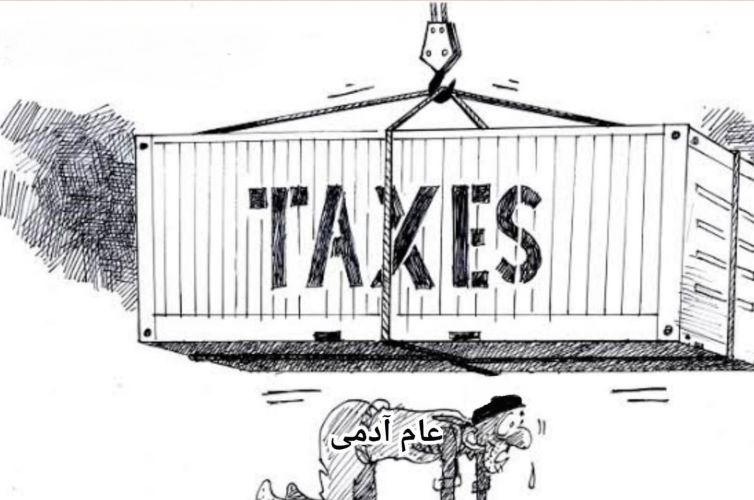
The rulers have abandoned us in times of need, prioritizing revenue collection for their own gain and personal privileges
Zaheer Udin Babar Junejo
It is indeed a fact that our neighbor achieved a significant milestone by successfully landing on the moon. However, when we consider the time it took to rescue individuals trapped in a chairlift in Khyber Pakhtunkhwa last week, which was nearly twelve hours, it becomes evident that ordinary citizens here have much to contend with. This incident is just one example among many where our national leaders seem to overlook the genuine needs and concerns of the public, despite the taxes we diligently contribute from our hard-earned money.
Starting from the constant harassment and robberies faced while commuting on public routes to the exorbitant service charges we endure within the confines of our homes, it feels as though we are continually being exploited. We find ourselves paying disproportionately high prices for services that are far from satisfactory. The cost of electricity, fuel, essential food items, and medicines has become prohibitively expensive.
Also read: Pakistan’s Elite Pay Few Taxes, Widening Gap
There’s a saying that goes, “Those who can’t handle stress will never bask in the glory of success.” While I’m unsure how this precisely relates to our nation, the way the nation silently handles the stress, and how we missed the success. It’s apparent that we readily point out the faults of others while often neglecting to uphold basic human values ourselves. But somehow our corrupt systems left almost no value for good deeds. The person who pilfers electricity from the national grid should bear the consequences and pay for losses but pay the one who never uses it unfairly. Meanwhile, responsible car owners dutifully pay their taxes but frequently face unwarranted blame and suffer from the actions and reactions of those who have never contributed a single penny towards road maintenance.
The cost of electricity, fuel, essential food items, and medicines has become prohibitively expensive
Just yesterday, I was discussing a similar issue with my cousin, a well-known professor. He was driving his humble Mehran car in a less congested area of the Thar Desert when he was abruptly struck by a Chingchi driver coming from the wrong direction. He promptly called the police, leading to the Chingchi driver’s detainment. When questioned by the Inspector about why he didn’t resolve the matter on the spot, the professor firmly stated, “I am a law-abiding citizen; I pay my taxes. The other party must respect the rules and be accountable for their actions. Since he caused damage to my vehicle, he should face legal consequences.” However, the professor found himself pressured by his own family members, political influencers, and even religious leaders to resolve the matter outside of the legal system. Regrettably, he had no choice but to request the police to release the Chingchi driver.
Read More: Big retailers exempt, salaried class burdened with additional taxes
The current state of affairs suggests that those who were originally tasked with serving us have opted to rule over us instead. They seem to have abandoned us in times of need, prioritizing revenue collection for their own gain and personal privileges. It’s crucial to remember that a government is meant to represent the people’s interests, ensure their well-being, and provide a safe and just society. When leaders prioritize revenue collection and personal benefits over these fundamental responsibilities, it leads to a breakdown in the social contract between the government and its citizens. The burden of high costs for essential services like electricity, fuel, and healthcare, which are basic rights, weighs heavily on the common person. When these costs become unaffordable, it not only hampers individual lives but also hinders the overall progress and development of a nation.
Twice a year, we allocate millions for lunar observation from Earth, yet even with these efforts, achieving a consensus at the national level remains a failed task. Perhaps, one day our nation will achieve the feat of landing on the moon, much like our neighboring countries have. However, I have concerns that those who pay utility bills may also be shouldering the costs associated with fuel adjustments for such an ambitious endeavor.
_____________
 Zaheer Udin Babar Junejo, based in Hyderabad, is a specialist in Institutional Development, MEAL (Monitoring, Evaluation, Accountability, and Learning), and Fundraising.
Zaheer Udin Babar Junejo, based in Hyderabad, is a specialist in Institutional Development, MEAL (Monitoring, Evaluation, Accountability, and Learning), and Fundraising.